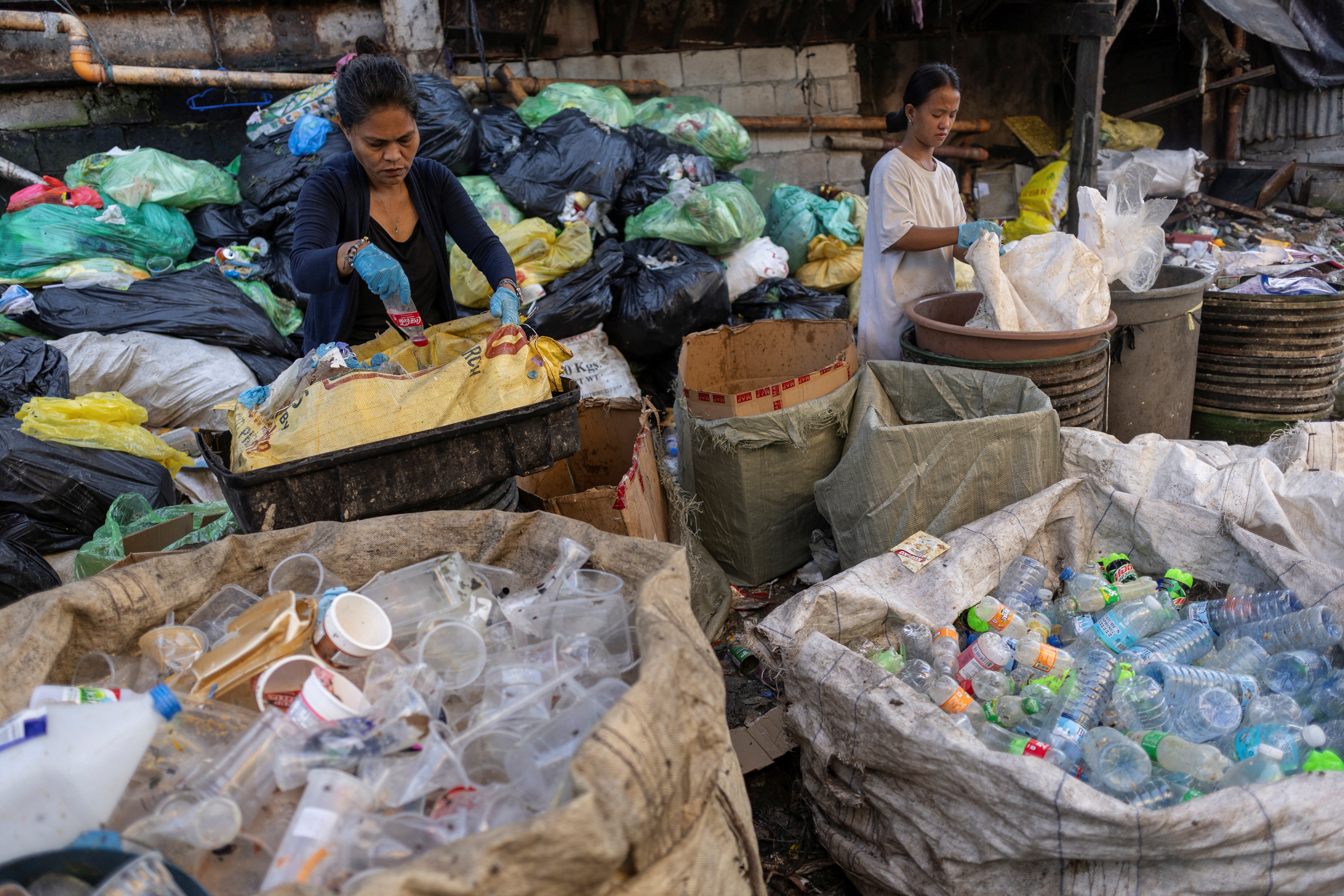These Dutch cities are using the circular economy to conserve water

The city of Amsterdam is rethinking its approach to water usage. Image: Unsplash/Adrien Olicho
Listen to the article
- The Netherlands has a national strategy to fully embrace the circular economy by 2050.
- Amsterdam is working with utility companies to recycle used water.
- Rotterdam is filtering medicine residues from wastewater to create biogas for energy generation.
Two cities in the Netherlands are turning to the circular economy to better manage one of the planet’s most precious - and overstressed - resources: water.
Clean water is essential for drinking, hygiene and cultivating low-income crops for food. But over the last century, global water use has increased at more than double the rate of world population growth.
Embracing the circular water economy
As part of the Netherlands’ national strategy aimed at fully embracing the circular economy by 2050, the city of Amsterdam is rethinking its approach to water use.
City authorities have adopted a combination of water reuse techniques, educational programmes and new procurement mechanisms to address the water challenge, notes UNESCO’s Water Reuse Within a Circular Economy Context report.
Policymakers aim to create closed water cycles in buildings to reduce domestic drinkable water consumption, working with utility companies and public housing associations to bring about change. This move could reduce Amsterdam’s typical single-person household consumption of 52,000 litres of clean water each year.
Household wastewater streams will be separated at source and processed locally, to reuse as much water as possible.
At the city level, authorities are working with utility companies to recycle Amsterdam’s used water within a contained closed loop, to extract nutrients - such as phosphates from sewage - that are found in wastewater but lost when using traditional sewer systems.
Phosphates are essential as fertilizers for food production, but the world’s reserves are beginning to become depleted. At the same time, excessive use of synthetic fertilizers has led to widespread pollution.
Amsterdam's authorities are promoting the use of organic waste and wastewater sludge as natural fertilizers in urban and semi-rural farming.
In the southern port city of Rotterdam, circularity plays a key role in plans to make its healthcare sector more sustainable.
Authorities are working with hospitals to filter medicine residues and cleaning agents from wastewater. Small-scale neighbourhood treatment works will be used to recover biogas from the wastewater, which can be used to generate energy.
What is the Forum doing to address the global water challenge?
A water-stressed world
While water overuse remains a global problem, there are vast differences in how it impacts the lives of people in developed and developing nations.
For residents of Amsterdam, Rotterdam and those living in high-income countries around the world, turning on a tap and expecting clean water to flow from it is a given. But in many parts of the world finding a source of clean water is not so simple.

In high-income countries, 98% of people have access to safely managed drinking water, compared to 30% in Sub-Saharan Africa. Almost 6% of people in low-income countries rely on surface water alone to survive.
Increasing demand, the impact of climate change and a global population set to reach 9.9 billion by 2050, are among many factors pushing the planet’s water resources towards crisis levels.
2.3 billion people – from a global population of almost 7.9 billion – live in water-stressed countries, with more than 700 million in highly and critically highly stressed countries, according to the UN Water 2021 report. Securing drinking water remains a challenge for many people.
July 29 marked 2021’s Earth Overshoot Day, when human demand for natural resources exceeds what the planet can regenerate during that year. In short, the day we start borrowing resources from the future, which is not sustainable in the long term.
What is the World Economic Forum doing about the circular economy?
Ensuring access to water and sanitation for all is the aim of UN Sustainable Development Goal (SDG) number six.
But while the efforts of cities like Amsterdam and Rotterdam to embrace a circular water economy could provide a blueprint for the developed world to follow, these same methods may not be suitable for many developing nations. Significant investment is needed in new water and other infrastructure in developing countries, according to the OECD, and it’s important to remember that there is no one-size-fits-all solution to water scarcity challenges.
Don't miss any update on this topic
Create a free account and access your personalized content collection with our latest publications and analyses.
License and Republishing
World Economic Forum articles may be republished in accordance with the Creative Commons Attribution-NonCommercial-NoDerivatives 4.0 International Public License, and in accordance with our Terms of Use.
The views expressed in this article are those of the author alone and not the World Economic Forum.
Stay up to date:
Fresh Water
Forum Stories newsletter
Bringing you weekly curated insights and analysis on the global issues that matter.
More on Circular EconomySee all
Felipe Basso
November 13, 2025









